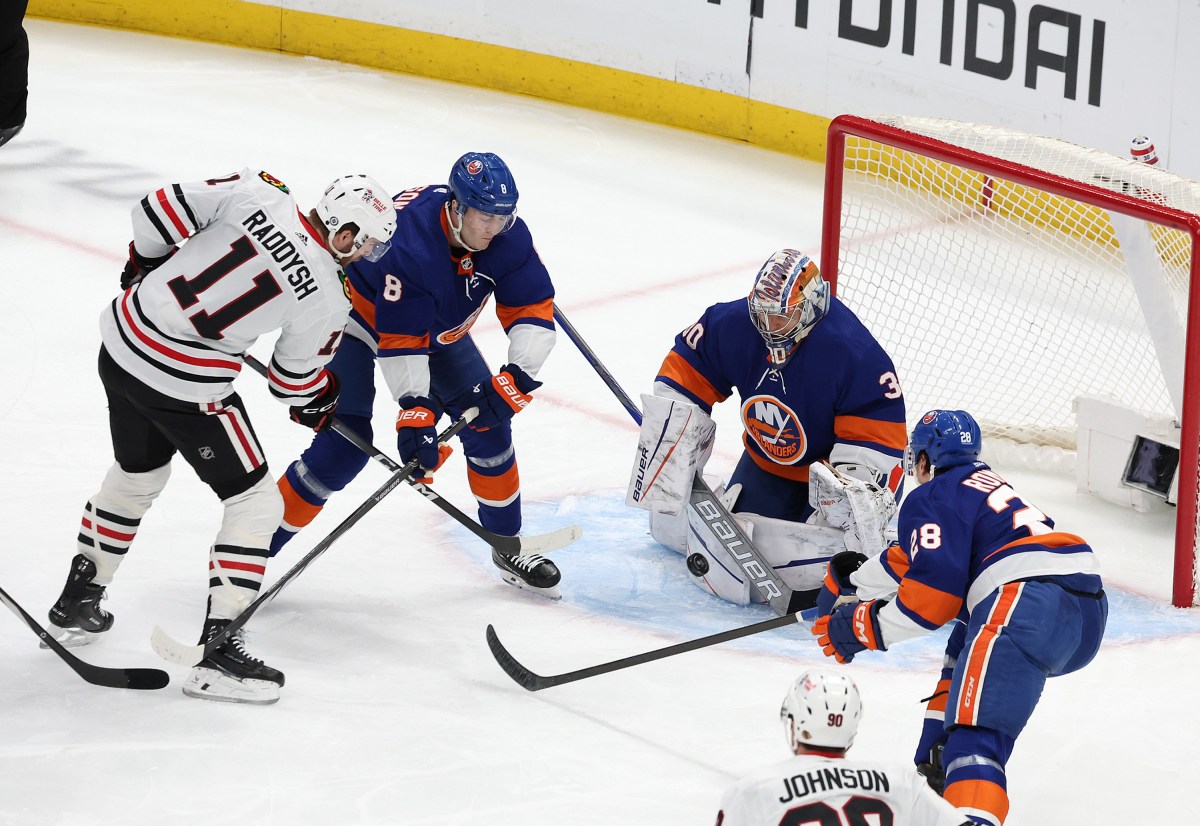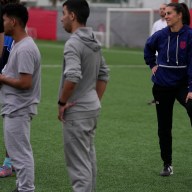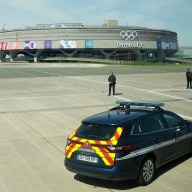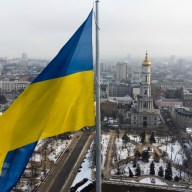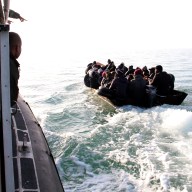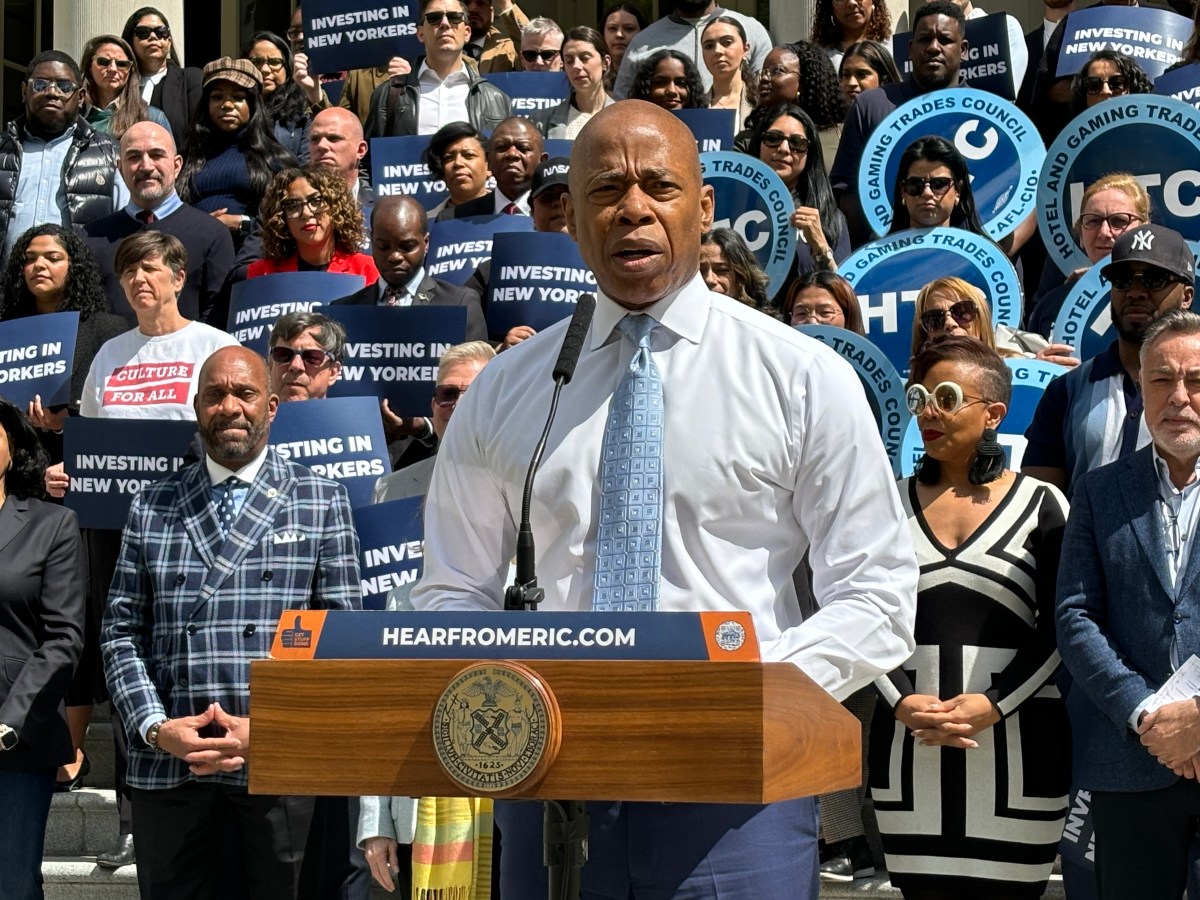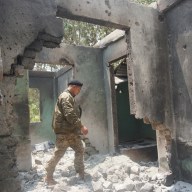OTTAWA – Western forces alone can never defeat the Taliban insurgency in Afghanistan and President Barack Obama better realize that in shaping his strategy there, says Prime Minister Stephen Harper.
In an interview aired Sunday on the U.S. cable news network CNN, Harper said he’s “delighted” the president is sending more troops to the country in the short term.
Many of them will be deployed in the Kandahar region, where more than 2,000 Canadian soldiers already on the ground can use the help.
But in the longer run, said Harper, it’s the government in Kabul that will have to run its own country and be responsible for its own security.
“We’re not going to win this war just by staying,” he told interviewer Fareed Zakaria.
“Quite frankly, we are not going to ever defeat the insurgency. Afghanistan has probably had – my reading of Afghanistan history (is) it’s probably had an insurgency forever of some kind.”
“What has to happen in Afghanistan is we have to have an Afghan government that is capable of managing that insurgency.”
Asked if the current administration of President Hamid Karzai has the legitimacy to do that, Harper replied: “There is no doubt that governance in Afghanistan has to improve, and has to improve, and has to improve, much more quickly than we’ve seen.”
Harper has repeatedly stated he’s sticking to a commitment to pull Canadian combat forces out of Afghanistan by the end of 2011, although Canada would likely maintain a more limited presence focusing on development and reconstruction.
Obama said on his recent visit to Ottawa he didn’t press the prime minister to change his mind. But if the U.S. leader did ask him to stay, Harper said Sunday, he’d want to know more about the long-term goals and the ultimate end date for the mission.
“Over the long haul, if President Obama wants anybody to do more, I would ask very hard questions about what is your strategy for success and for an eventual departure.”
The comments are not a radical departure from Harper’s past observations but he has rarely been so blunt in assessing the situation.
Canadian and other NATO troops have made some gains against the insurgents over the years but those gains are not irreversible and the overall success has been “modest,” he said.
Western forces cannot indefinitely ensure the security of the country, nor can outsiders hope to govern Afghanistan.
“Ultimately, the source of authority in Afghanistan has to be perceived as being indigenous. If it’s perceived as being foreign, it will always have a significant degree of opposition.”
The CNN interview was recorded a week ago as Harper visited New York City for talks at the UN and a round of sit-down sessions with U.S. news media.
In a meeting with the Wall Street Journal editorial board, he delivered a similar message on Afghanistan, suggesting the best the West can hope to do is train the Afghans to take over their own obligations.
He also acknowledged the country is not going to become a western-style democracy “any time soon.” But he expressed hope the Kabul government can at least achieve “some democratic rule-of-law norms.”
Harper noted as well, for all its problems, the Afghan mission remains an important test of the military and political resolve of NATO.
And he appeared to suggest any perceived weakness of the alliance could have repercussions on the home front for Canada.
Harper warned, for example, Russia is becoming more aggressive in asserting territorial claims in the Arctic and has been “testing our airspace more frequently than they have been doing in a long, long time.”
Those comments, made to the Journal last Monday but not reported until the weekend, foreshadowed concerns the Harper government finally shared with the Canadian public Friday.
Defence Minister Peter MacKay confirmed two CF-18 fighters had turned back a Russian aircraft that came close to Canadian airspace in the High Arctic just a day before Obama’s visit to Canada.

